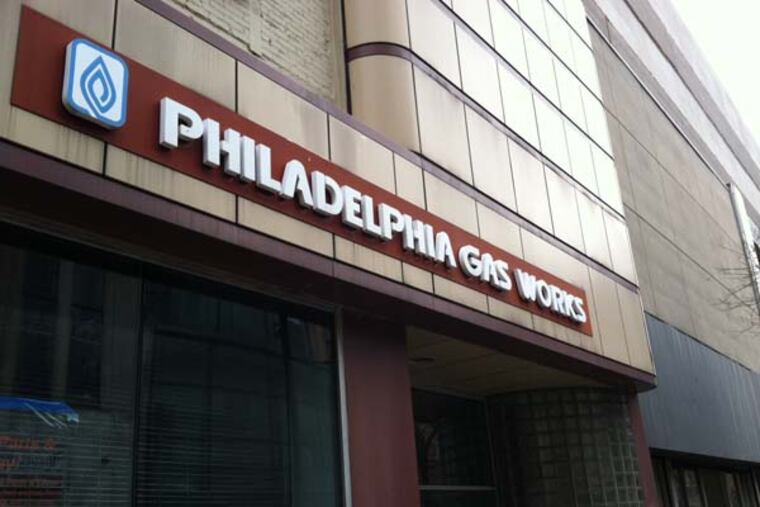After rejecting PGW sale, Philly City Council looks to attract investors for city’s gas utility
With the rejected effort to sell the Philadelphia Gas Works behind it, City Council on Friday turned its attention to other private opportunities for the city-owned utility.

With the rejected effort to sell the Philadelphia Gas Works behind it, City Council on Friday turned its attention to other private opportunities for the city-owned utility.
During an all-day hearing, a parade of witnesses suggested a wide-ranging buffet of alternatives the city could consider for attracting outside investment into PGW.
One group, Liberty Energy Trust, offered a novel arrangement where it could take control of PGW's infrastructure to replace aging cast-iron gas mains for a fee. That would liberate the utility from having to pay for the work up front.
Another firm, Penn America Energy L.P., allied with former Gov. Tom Ridge's firm, Ridge Global, wants to build a $2.1 billion liquefied natural gas export terminal on the Delaware River next to PGW's Port Richmond LNG plant.
Other witnesses suggested ways the city could restructure PGW to accommodate a private partnership.
And environmental activists suggested that the city should embrace a green energy future, shunning efforts to turn Philadelphia into a fossil-fuel energy hub tied into Pennsylvania's Marcellus Shale natural gas boom.
"We don't have a plan yet," Councilwoman Marian B. Tasco said during a break in the seven-hour hearing.
She said the exploration of PGW's options should have been done before Mayor Nutter embarked on a two-year process that collapsed in December after Council rejected the utility's proposed $1.86 billion sale to UIL Holdings Corp.
"So we're sort of, like, backtracking now, trying to figure out, do we do anything with PGW?" she said. "There are several scenarios we can look at, but we shouldn't be in a rush to do it. We should be clear what we're doing."
One option is to let PGW continue operating as a municipal utility without engaging in any partnership.
PGW Chief Executive Craig White said the utility is preparing a proposal to expand the city's LNG plant on its own, which could generate $20 million a year in off-system sales, primarily to serve the growing market for LNG to fuel long-haul trucks. The profits would help hold down PGW rates, he said.
White said the utility is also assembling a plan to accelerate replacement of aging gas mains, financing the effort by increasing the infrastructure surcharge collected from customers.
PGW's plan to expand its LNG plant differs starkly from the vision of Penn America, which imagines a large-scale plant to liquefy natural gas for export to Eastern European customers.
An export operation would involve federal approvals, new interstate pipeline connections, and large ships in the Delaware River. Franc James, Penn America’s chief executive, said it could produce up to $150 million in annual revenue for PGW.